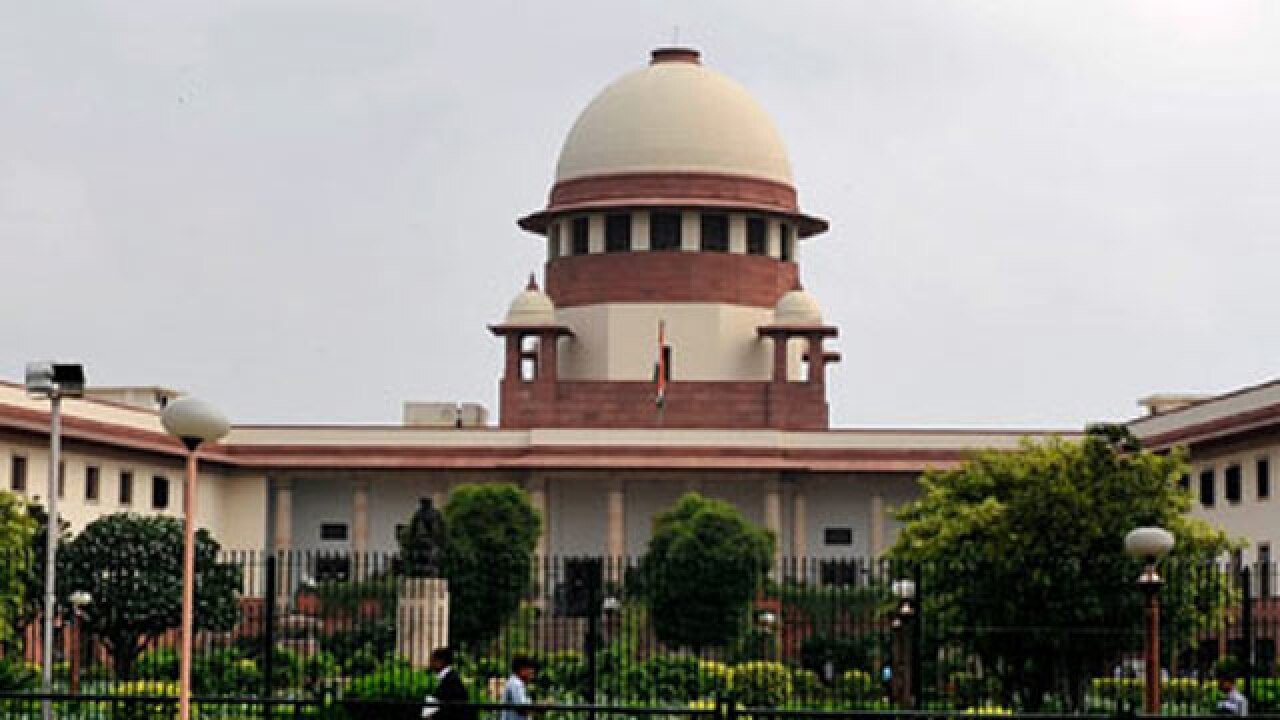
The Consumer Affairs ministry’s advisory to dissatisfied customers that they can choose not to pay service charges, levied by a hotel or restaurant, is a half-baked measure. Rather, the ministry would have done well to abolish service charge all together and leave it to the discretion of customers on what to tip waiters. Admittedly, the tipping culture in India is not as developed as the West, where it has become a social norm to leave at least 15 per cent of the bill as tip. Nevertheless, many Indians do tip according to their ability and satisfaction. The lack of transparency in billing and the varying rates — between 5 and 20 per cent — are sore points. Often, many restaurants also levy a service tax on the service charge. The National Restaurants Association of India has responded strongly to the ensuing controversy, by telling consumers that they have the discretion to not visit the outlet if they do not want to pay service charge.
The NRAI also claimed that judicial pronouncements “support that service charge can be charged” by hotels and restaurants, and mentioned a 2012 order by the National Consumer Disputes Redressal Commission, a 2001 order by the now defunct Monopolies and Restrictive Practices Commission and two judgments of the Supreme Court in 1963 and 1976. The NCDRC and MRPC, being quasi-judicial bodies, cannot create new laws. The two Supreme Court judgments cited by the NRAI do not go into the legality of service charges but only mention them in passing.
For the ‘dissatisfied customer’, the ministry directive is hardly a choice. An ugly situation can develop or the dispute may turn physical because of the refusal to pay the service charge.
As is evident, the hotels are in no mood to let go of the ability to levy service charges. They are also pushing it as a labour friendly mechanism, where the proceeds are shared equally among all the employees, unlike a tip which solely benefits the waiter. The restaurateur’s concern is understandable: it would certainly lead to a demand for higher wages from workers.
Such being the vacuum or haziness in the statutory and judicial pronouncements, it is important that the Consumer Affairs ministry avoid hedging on the issue, and pronounce a clear-cut official policy on service charges.
Businesses must also ponder the retarding impact on spending. Consumers have no option but to pay the multiple taxes like VAT and service tax on the bill. In an age of high indirect taxation, the service charge is an anachronism and annoyance.